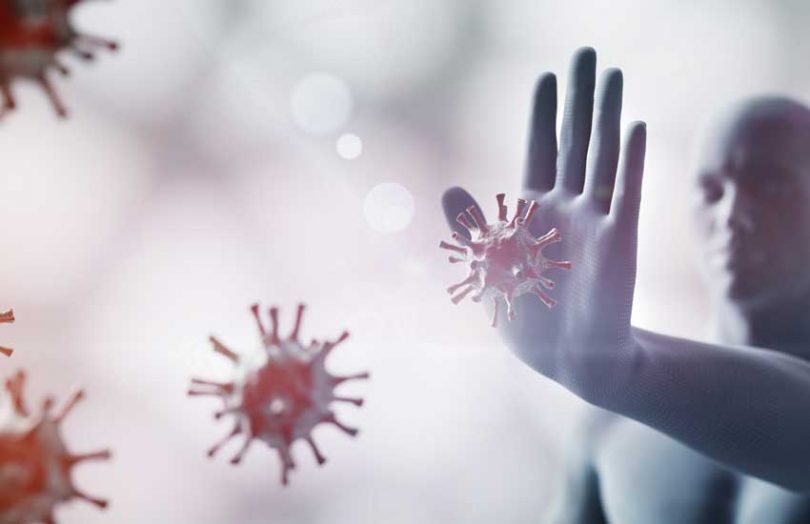RIO DE JANEIRO, BRAZIL – Much is said about a near future in which humanity, through herd immunity, will no longer be susceptible to contracting certain viruses, such as Covid-19. In practice, theory works when a vaccine is developed. But for Chinese and American scientists, humans may never develop immunity against the novel coronavirus.

The finding, which has not yet been peer-reviewed by members of the scientific community and is not even close to being published in a journal in the field, was based on a study that analyzed whether health professionals in Wuhan, China, pointed out as the virus’ source, had developed antibodies against the disease at the start of the pandemic.
At least a quarter of the over 23,000 samples were infected with the virus, but only four percent developed antibodies by April – which does not mean they are immune. Not very pleasant news amid the pandemic.
While for other diseases caused by a coronavirus, such as SARS and MERS, people developed antibodies capable of providing up to four years of immunity for those infected, it is unclear whether the same is true for Covid-19. Research shows that not everyone who was infected produced the necessary antibodies to stop future infections of the disease, and when they did, the immunities were not long lasting.
Almost six months after the outbreak of the pandemic, Wuhan decided to implement an unprecedented program to test the province’s entire 11 million population. By May 25th, some 6.8 million people had been tested and the initial results triggered an alert. The tests found 206 people with the virus active in their bodies. And despite being asymptomatic, they were spreading the disease.
Samples collected in March and April by Chinese researchers show that only ten percent of the population had developed antibodies to the virus. This indicates that without a vaccine, it will be even more challenging for everyone to develop an immunity to the disease simply by contracting it.
According to the researchers, antibody tests may not be enough to determine if someone has been infected, and just because they have them it doesn’t mean someone is necessarily immune. This further debunks the herd immunity theory and even antibody therapies for the treatment of Sars-CoV-2.
Another study by Tsinghua University in Beijing suggests that the more antibodies coronavirus patients produce, the worse the results – according to them, those with the strongest antibodies eventually died.
Yet other scientists urge caution and suggest that the study is not ironclad. The study was published on medrxiv.org.
To date, antibodies have been shown to be a good option for their capacity to neutralize the virus’ ability to infect cells in the human body. Once identified, they can be mass-produced – an approach that has already been successfully adopted in other cases, such as in treating the Ebola virus.
More than 130 vaccines are currently being produced against Covid-19. Some are in more advanced stages than others, such as the Coronavac by the Chinese company Sinovac, which is between stages one and two of production. According to Bloomberg news, over 90 percent of the people who received doses of the vaccine manufactured by the laboratory produced antibodies against Covid-19 within 14 days.
No therapy or vaccine has been clinically approved or endorsed by the World Health Organization to be specifically administered to patients infected with the novel coronavirus.
Source: Exame

